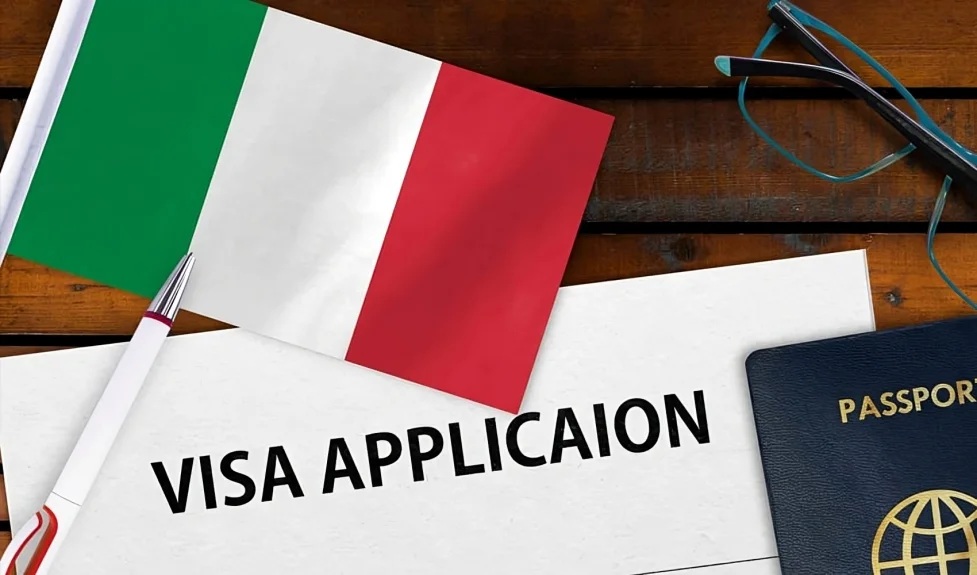In a significant policy move, on Wednesday, July 3, 2025, aimed at tackling persistent labor shortages and a shrinking workforce, the Italian government has unveiled plans to issue nearly 500,000 new work visas to non-European Union nationals over the next three years.
This ambitious initiative, according to online media sources, which was announced by Italy’s Cabinet office, is set to reshape the country’s approach to legal immigration and workforce development.
According to the government’s statement released on Monday, 164,850 foreign workers will be permitted entry into Italy in the coming year alone.
By 2028, the total number of new work visas granted to non-EU nationals is expected to reach 497,550.
This marks the second major expansion of legal migration channels since Prime Minister Giorgia Meloni assumed office nearly three years ago, leading a right-wing coalition government.
Previously, the Meloni administration had approved more than 450,000 permits for migrant workers between 2023 and 2025, as reported by Reuters.
The current announcement builds on these earlier efforts, signaling a continued commitment to addressing labor market needs through regulated migration.
Prime Minister Meloni’s stance on immigration has been characterized by a dual approach:
she has maintained a tough line on illegal immigration, while advocating for faster deportations and limiting the activities of NGOs involved in sea rescues.
She has also recognized the necessity of legal pathways for foreign workers.
This pragmatic strategy aims to fill critical gaps in the Italian workforce while maintaining control over migration flows.
The Cabinet emphasized that the new visa quotas were determined after careful consideration of input from social partners and an analysis of past work permit applications.
The goal, according to the government, is to implement a realistic program that aligns with the actual needs of Italian businesses.
Italy’s demographic challenges have added urgency to these policy changes.
The country is grappling with a rapidly aging population and a declining birthrate, trends that threaten the long-term sustainability of its labor force.
Last year, Italy’s population decreased by 37,000, with deaths outnumbering births by 281,000, a pattern that has persisted for over a decade.
Demographers warn that, to maintain stable population levels, Italy will need to attract at least 10 million immigrants by 2050.
The situation is further complicated by the emigration of young, educated Italians seeking better opportunities abroad.
In May, the Bank of Italy highlighted the growing “brain drain,” warning that the departure of skilled youth is exacerbating the pressures created by an aging workforce.
Bank governor Fabio Panetta called for urgent action to retain talent and boost youth employment, emphasizing the need to create attractive job opportunities within Italy.
Recent data underscores the scale of the challenge:
the Financial Times reported that approximately 156,000 Italians left the country last year for destinations such as Germany, Spain, and the United Kingdom.
This was a 36.5 percent increase in emigration compared to the previous year.
Industry leaders have welcomed the government’s expanded visa program.
Coldiretti, Italy’s leading agricultural association, praised the move as vital for sustaining the agricultural workforce and ensuring the future of the country’s food production sector.
The Interior Minister, Matteo Piantedosi, reaffirmed the government’s commitment to facilitating legal migration channels that support key sectors of the economy.
As Italy moves forward with this comprehensive visa initiative, it stands at a crossroads.
It stands between balancing the need for a robust, youthful workforce with the political and social complexities of immigration.
The government’s approach reflects a recognition that, in an era of demographic decline and global competition for talent, well-managed migration policies are essential for economic growth.
They are also essential for the country’s long-term stability and prosperity.







